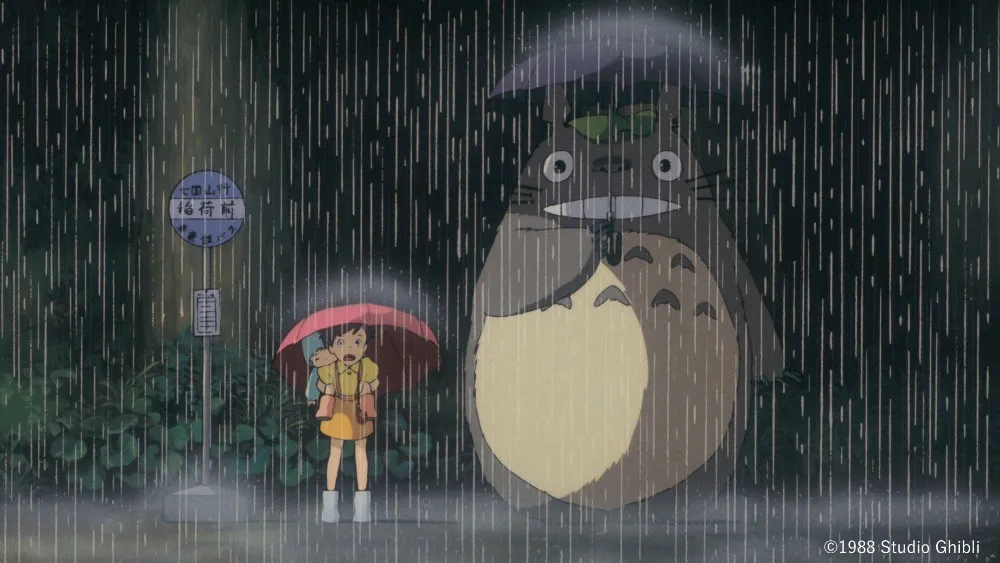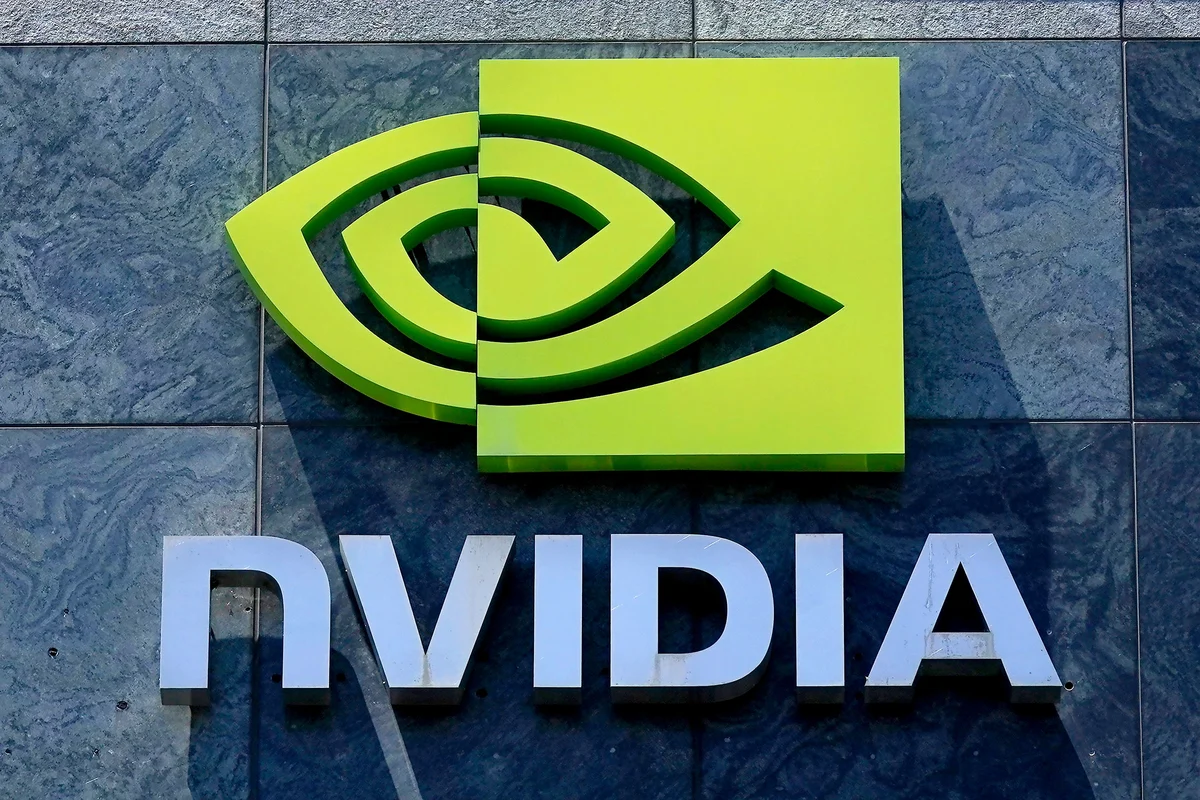Copyright Variety

Japanese content trade group CODA — whose members include award-winning animation house Studio Ghibli — issued a letter to OpenAI demanding the AI company stop using their content to train its Sora 2 AI video generation platform. CODA, the Content Overseas Distribution Association, also implied that OpenAI’s opt-out system for copyright holders runs afoul of Japan’s copyright-infringement laws. The mission of CODA is “to promote the overseas development of Japanese content and take anti-piracy measures,” the organization says. CODA, at the request of its member companies, submitted a written request to OpenAI last week regarding Sora 2, which launched in September and is able to generate high-quality, realistic-looking video. “CODA has confirmed that a large portion of content produced by Sora 2 closely resembles Japanese content or images,” the group said in the letter, dated Oct. 27. “CODA has determined that this is the result of using Japanese content as machine learning data. In cases, as with Sora 2, where specific copyrighted works are reproduced or similarly generated as outputs, CODA considers that the act of replication during the machine learning process may constitute copyright infringement.” OpenAI ChatGPT Users Are Creating Studio Ghibli-Style AI Images In addition, the CODA letter objected to OpenAI’s opt-out system for Sora 2 for copyright holders — meaning IP owners must alert OpenAI if they do not want their copyrighted work included in the generative AI model. U.S.-based entertainment companies and orgs, including the MPA, have also raised alarms about the opt-out model. OpenAI CEO Sam Altman has said Sora 2 will give rightsholders “more granular control over generation of characters, similar to the opt-in model for likeness but with additional controls.” According to to CODA, under Japan’s copyright system, “prior permission is generally required for the use of copyrighted works, and there is no system allowing one to avoid liability for infringement through subsequent objections.” The Japanese trade group demanded OpenAI stop using member content for machine learning without their permission and requested that OpenAI “responds sincerely to claims and inquiries from CODA member companies regarding copyright infringement related to Sora 2’s outputs.” Representatives for OpenAI did not immediately respond to a request for comment. Earlier this year, after OpenAI released what it called its “most advanced image generator yet” built into ChatGPT, users created a flood of images that mimicked the style of Studio Ghibli. Altman wrote in a tweet about the viral trend: “> be me / > grind for a decade trying to help make superintelligence to cure cancer or whatever / > mostly no one cares for first 7.5 years, then for 2.5 years everyone hates you for everything / > wake up one day to hundreds of messages: ‘look i made you into a twink ghibli style haha.’” Notably, Hayao Miyazaki, the co-founder of award-winning Studio Ghibli, in the past expressed strong disapproval of AI-generated animation. In a 2016 meeting where he was shown an AI animation demo, Miyazaki said, “I am utterly disgusted. If you really want to make creepy stuff you can go ahead and do it. I would never wish to incorporate this technology into my work at all.” He also said, “I strongly feel that this is an insult to life itself.” Members of CODA, founded in 2002, produce content that spans anime, movies, TV, music, video games and publishing. Companies that are members of the group include: Sony Music Entertainment (Japan) Inc.-owned Aniplex Inc., NTT DoCoMo Studio & Live, Kadokawa, Shogakukan-Shueisha Productions Co., Square Enix, Studio Ghibli, Tokyo Broadcasting Systems Television, TV Asahi, TV Tokyo, Toei Co., Toho Co., TMS Entertainment, Nippon Television Network, Japan Broadcasting Corp., Bandai and Bandai Namco Filmworks, Fuji Television Network, Universal Music and Yomiuri Telecasting Corp. The letter from CODA to OpenAI, dated Oct. 28, was reported earlier by tech news site The Verge. Pictured above: Studio Ghibli’s “My Neighbor Totoro”



